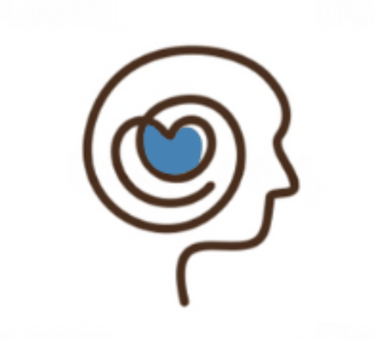The Power of Empathy
Empathy is the ability to put yourself in someone else's shoes. Learn more about how to incorporate empathy in your life!


Empathy is more than a buzzword—it's the profound ability to resonate with others' emotions, a skill that is so important in our daily lives.
If a friend is angry about the way a coworker treated them, you’d likely share their sense of frustration. Maybe you can’t solve their problem, but you can understand that they need to vent their emotions. Empathy isn’t just about hardships. When your sibling is excited about something, you feel their joy. When your friend is laughing at a joke, you experience their amusement. Empathy allows you to deepen your relationships as you connect with friends and loved ones’ thoughts and feelings, and they connect with yours.
Empathy vs Sympathy
One common misconception about empathy is that sympathy and empathy can be used interchangeably, but there is a pretty important difference between the two. Simply put, sympathy is feeling for someone, while empathy is feeling with someone.
Emotion is the main difference
While sympathy means that someone understands someone else’s suffering, it is more cognitive and keeps a certain distance between the sufferer and the listener.
Sympathetic statements such as ‘I’m sorry you feel like that’ or ‘It could have been worse’ can come across as patronizing.
Likewise, statements such as ‘I feel bad for you’ can come across as pitying, which can make the sufferer feel unsupported.
Being able to empathize means being able to experience another’s feelings. It requires an emotional component of really feeling what the other person is feeling.
This is based on the condition that empathy and sympathy come from a place of sincerity.
Empathy and compassion are fueled by understanding another’s emotions and a desire to connect with their experience. Compassion can arise from empathy (sharing similar experiences) or sympathy (understanding through research, such as learning about types of abuse).
Why is Empathy so Important?
Empathy has an important role to play in your life. First, it can strengthen your bonds with the people you interact with. As you try to understand others, you also make them feel heard and understood. They’re then more likely to take the time to empathize with you as well. This deepens your relationship and promotes that feeling of connection that all of us desire.
Research shows that having a strong social support network tends to increase a person’s happiness. Because empathy leads to better relationships, it can be a key component to building a more satisfying life.
Empathy can also:
Motivate prosocial behavior. Empathy can motivate you to take actions that improve the lives of others. These actions might include anything from donating to a charity to encouraging a friend to seek help to simply comforting someone with a hug.
Guide decision-making. In social situations, empathy can help you decide on the wisest course of action. If your partner seems stressed out from work, you can infer that it’s not the best time to ask them to take on more responsibilities.
Reduce burnout. The results of one study suggest that empathy might be useful in reducing burnout. This is because empathy allows for more effective communication and collaboration, even in difficult work environments.
Below are some other tips for cultivating empathy:
Actively listen
When someone actively listens, they are not just listening to the words that are being said.
They are paying close attention to what the other person is saying, getting a sense of the feelings that the speaker is expressing, and looking out for non-verbal cues.
Listen patiently instead of focusing on what the response should be. When the person is finished speaking, take a moment to process the information before responding.
Understand what the other person needs
Resist the urge to leap to conclusions about what someone needs when they tell you what they are going through.
Use listening skills to figure out what they need, but if this is unclear, it is better to ask the other person what they need rather than provide the wrong kind of support.
Repeating back to someone what was heard is a good way to find out what someone needs.
For instance, saying, ‘What I am hearing is that you don’t feel valued when X happens, is that right?’ can get to the point of what the other person needs.
Prioritize emotional intelligence
Those who have high emotional intelligence tend to be more self-aware, better able to manage themselves, aware of social cues, and more capable of managing relationships. Practicing ways of being more emotionally intelligent can therefore go hand-in-hand with being an empathic listener.
Empathy is an essential human quality that fosters understanding, connection, and compassion. By practicing empathy in our daily interactions, we can create a more supportive and inclusive community. Let's strive to listen actively, put ourselves in others' shoes, and respond with kindness. Encouraging empathy in our lives can make a significant difference in both our personal relationships and the broader world around us.
- Nysha
Resources:
https://www.mastersincommunications.org/empathy-what-why-how/
https://www.helpguide.org/relationships/communication/empathy
https://www.simplypsychology.org/sympathy-empathy-compassion.html
https://www.helpguide.org/mental-health/stress/social-support-for-stress-relief
